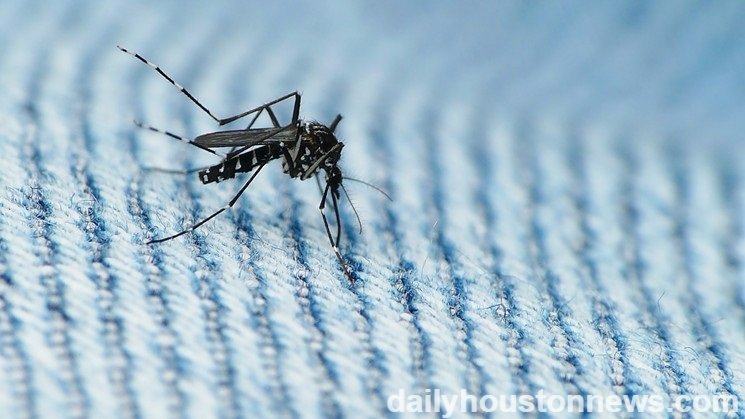Last Thursday, the health-care nonprofit announced it had confirmed six new Zika cases in the Houston area. The claim, which more than doubled the 2017 tally for local Zika confirmations, sent public health workers into a panic — until Legacy retracted its report a day later.
Over the course of a frenzied, roughly 24-hour period, Legacy kept county and municipal health authorities largely out of the loop while providing the public with wildly inaccurate information about what appeared to be a concerning redoubling of Zika, according to spokespeople for the Houston Health Department and Harris County Public Health.
In its original statement, from Thursday, Legacy said the Centers for Disease Control and Prevention had confirmed its Zika findings for six pregnant women. Kevin Nix, a spokesman for Legacy, repeated and expanded on that claim in an interview with Houston Press Friday.
“We send off the tests to the state and then, for final confirmation, to the CDC,” he said. “All the final confirmations on the tests came back in May.”
In fact, the findings had not yet been confirmed by even local health authorities. After conducting an “in-depth review” of the findings with Houston Public Health and Harris County Public Health, it turned out the tests were inconclusive.
“The laboratory results do not provide a conclusive diagnosis that the women became infected specifically with Zika virus,” Dr. Ann Barnes, the chief medical officer for Legacy, said in a retraction. “Legacy regrets the error.” That second statement came out late Friday, as many public health workers and journalists were leaving their desks for the weekend.
It’s one thing to get a lab test wrong. But how did Legacy misreport that the CDC had already confirmed its findings? That remains unclear. The Houston Press has been unable to reach Nix, the Legacy spokesperson, for comment since shortly before the retraction on Friday.
The Press has also reached out to the CDC to find out what role, if any, the agency played in testing. We will update this story once we hear back.
Legacy apparently shared its dubious claims with reporters before contacting local health agencies. That created chaos for the Houston Health Department and Harris County Public Health on Friday, as reporters called seeking comment on findings that these authorities had not seen themselves.
Martha Marquez, a spokeswoman for Harris County Public Health, told the Press Friday that information sharing from Legacy had been “not very well coordinated.”
“We’ve had a lot of media inquiries and unfortunately we don’t have information,” she said. “There doesn’t seem to be any clarity.”
The Houston Health Department had a similar experience. “We did not know they were going to announce,” Porfirio Villarreal, a spokesman for the department, said of the original bombshell report from Thursday. “When the announcement came, we immediately began an investigation.”
If Legacy had shared its tests with the Houston Health Department before making them public, Legacy would have learned the health department already had these cases in its database — and had found they weren’t Zika.
“Our epidemiologist went over,” Villarreal said. “We asked for all the information that they had on these cases. We compared them to the database of our cases. When we looked, it was like, ‘These are unspecified flaviviruses.’” (Flaviviruses are a genus that includes some of the most common mosquito-borne viruses, such as dengue, yellow fever, West Nile and Zika.)
The Houston Health Department will provide additional training on Zika testing to Legacy, Villarreal said, to prevent incidents like this from repeating in the future.









